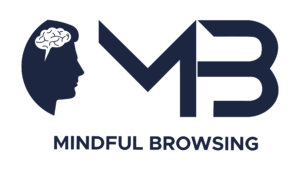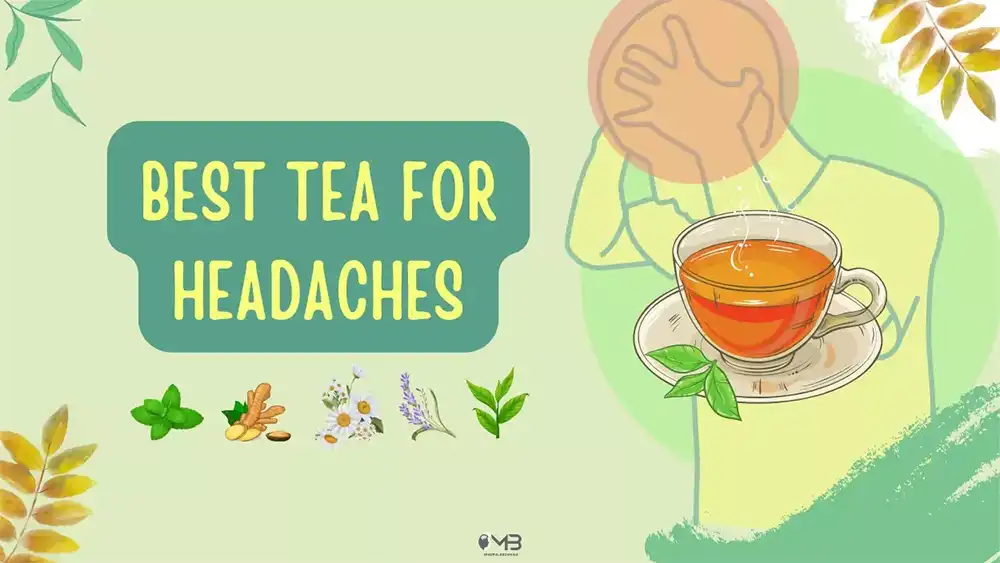
Napping is meant to improve how you feel, isn’t it? You take a nap, and wake up feeling rejuvenated, … but that doesn’t always work out. Occasionally, you might wake from a nap with a headache. While this post-nap discomfort can easily spoil your day, it’s usually nothing to worry about. The National Sleep Foundation notes that people with sleep disorders experience headaches two to eight times more frequently than others.
Headaches upon waking from a nap often have underlying causes. By making a few adjustments to your habits and sleep environment, you can reduce the likelihood of this happening.
9 Reasons (Causes) and Ways to Prevent (Remedies) from Migraine After Nap
These are common reasons for experiencing a headache after a nap.
1. Snoring While Sleeping

If you or your partner snore at night, the next morning you or he/she will have a mild headache. This is because snoring leads to the disruption of normal breathing thereby causing an insufficient supply of oxygen in the body.
It could also occur for other reasons including nasal congestion, obesity, alcohol, or sleeping position. For nay, snoring with mouth closed happens due to the obstruction of the nasal or the structure of the airway.
First of all let me beat a dead horse once again and state that while snoring is not considered to be an infectious disease, which some people may think of when they hear the term, it is highly likely to keep your partners awake at night. Besides, behaviors such as vaping may trigger snoring as it causes inflammation of the pathways due to the irritation caused by the substance to the respiratory tracts and, therefore, increases resistance in breathing paths.
Remedies and Preventions:
Use nose bandages and mouth guards.
Mouth taping or nose bandages actually help you breathe through your nose instead of your mouth, and that little switch comes with a lot of perks. When you breathe through your nose, you get all sorts of benefits that mouth breathing just can’t offer, like:
- Temperature Regulation: Keeping the air you breathe at a comfortable temperature, so it’s not too chilly or too hot when it hits your lungs.
- Filtering: Trapping allergens, dust, and toxins before they make their way to your lungs – think of it as your body’s natural air purifier.
- Humidification: Adding some moisture to the air you breathe, which helps keep your throat and mouth from drying out.
Speaking of headaches, here’s something that might surprise you: avoiding alcohol, especially red wine, can really help with those post-nap headaches. Several studies have shown a link between alcohol and migraines. In fact, in a 2018 study with over 2,000 migraine sufferers, about 25% stopped drinking or avoided it altogether because it triggered their migraines. Red wine was the biggest culprit, with 78% of participants pointing their fingers at it as the main trigger.
So, if you’ve ever wondered why that glass of wine leaves you with a pounding headache after nap, you’re definitely not alone.
2. Sleep Apnea

Studies do not tell exactly the reasons behind sleep apnea headaches. They could be due to low blood oxygen levels while sleep or sleep disruptions instigated by gaps in breathing. These headaches feel like pressing pain affecting both sides of the head that lasts up to 30 minutes to 4 hours.
It is essential to mention that snoring and sleep apnea are characterized by waking up during sleep, night sweats paused breathing, and tiredness and sleepiness throughout the day.
Remedies and Preventions:
Experts suggest losing weight, getting rid of alcohol and tobacco, and exchanging your pillow. Sometimes, changing the sleep position can help address sleep apnea.
3. Teeth Grinding
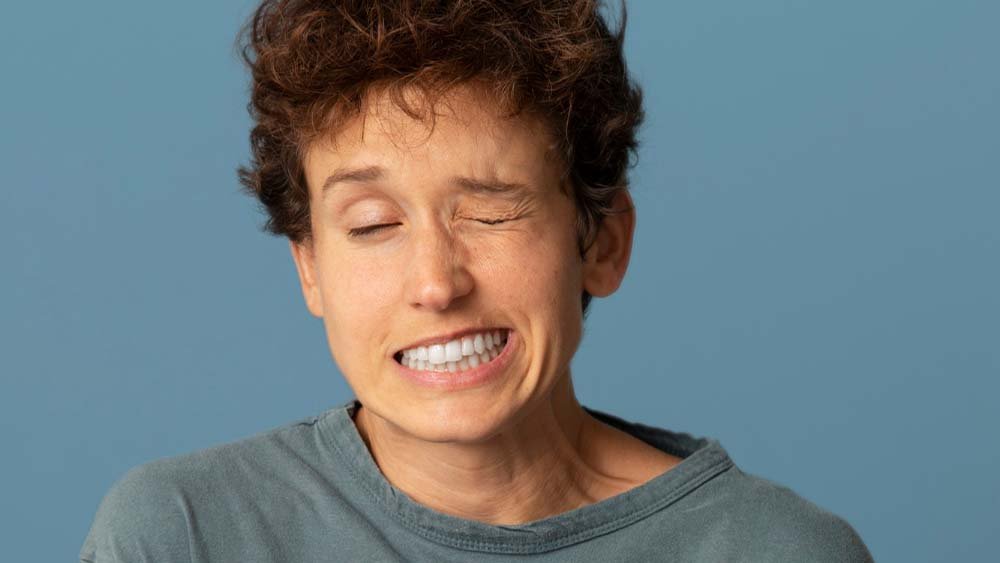
A condition also called Bruxism, many people clench or grind their teeth while they sleep, resulting in post-nap migraines. This unconscious action can hurt your head by tensing up the jaw muscles.
Remedy and Preventions:
People likely to grind their teeth in their sleep should avoid sugar. Other effective strategies to address sleep bruxism include aromatherapy, massaging your jaws, avoiding caffeine and alcohol, warm compress, and exercising the jaws.
4. Hunger Headache
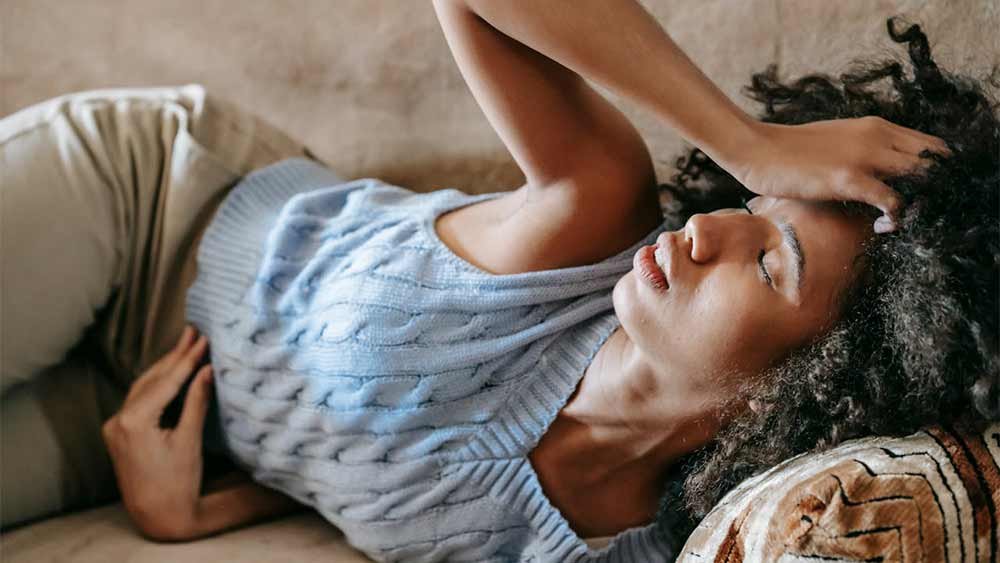
Taking a nap on an empty stomach is a sure shot to get a headache once you wake up. In this case, most people wonder why they woke up dizzy. Not just that, being thirsty and dehydrated can also result in headaches. Additionally, some individuals may experience a headache after eating if their blood sugar levels are unstable or if they consume certain trigger foods.
Remedies and Preventions:
To get rid of a headache after nap, make sure that you drink enough liquids, especially water, throughout the day. You can also try to drinking a glass of salt water to relieve migraines.
Similarly, have something to eat before a nap. An empty stomach may result in bloating and growling that interfere with sleep. Consider the best teas for migraines. Drinking herbal teas to cope with bloating and stomach pain. Other symptoms of hunger headache are dizziness, bad mood, and darker urine.
5. Pregnancy

Pregnant ladies are prone to fatigue, so they are bound to take frequent naps. Some of these naps may not be very fruitful as you can wake up with a bad headache.
Remedies and Preventions:
The best way to avoid this headache after waking up is to drink lots of fluids, minimize caffeine, snack regularly, and stay hydrated. If you are still facing issues, speak with your doctor.
6. Sleep Routine or Hygiene

Another common reason people wake up with a headache is poor sleep hygiene. Your bedtime routine, sleep habits, and environment, everything affecting your sleep quality comes under sleep hygiene. The need of the hour is to prioritize sleep-inducing habits and routines. Lack of sleep headaches are often the result of these poor habits.
Remedies and Preventions:
Use a pillow that’s neither soft nor hard, and always lie down while keeping your head and neck in a neutral position. Screen time before bed also affects your sleep. Therefore, you must avoid using phones at least an hour before sleep.
You can make small changes in your bedroom to create a congenial environment. For example, try new blinds or, soothing music, or even green light therapy. Studies have shown that this therapy improves sleep quality. Furthermore, you can listen to “green noise,” a type of sound similar to white noise but with a more calming effect, can help a great deal as well. Also called Emerald or Jade noise, it is a kind of sound wave containing frequencies in the lower to higher mid-range, nearly within 500 Hz and 4 kHz.
7. Tension in the Muscles
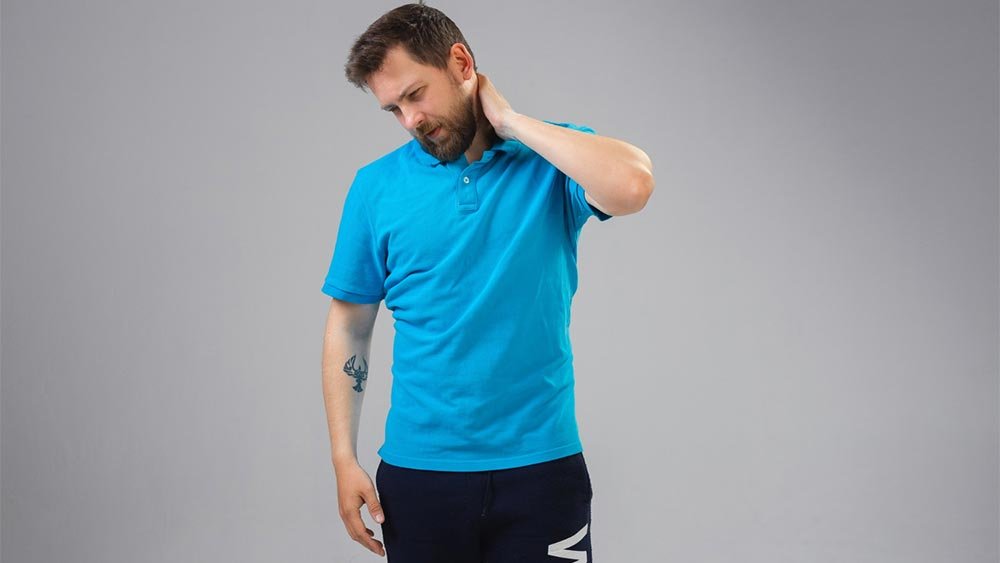
Poor lifestyle choices can sometimes create havoc with your body, eventually affecting your sleep quality. For example, desk jobs, increased hours of driving, or wrong sleeping positions can cause cramping of muscles in the upper body. Such muscular tensions can cause headaches after a nap.
Remedies and Preventions:
To address this issue, exercise regularly. Head massages and light stretching exercises can be a boon. Such activities improve blood flow to the muscles, causing them to relax and thus helping you sleep well. People waking up with migraines can use a migraine cap to address trigger points.
8. Caffeine Intake

While caffeine is a powerhouse of energy, it can contribute to headaches after naps. Consuming caffeine late in the day can interfere with your sleep cycle and lead to withdrawal headaches if your body is accustomed to regular intake.
Remedies and Preventions:
To reduce the risk of post-nap headaches, try to limit your caffeine consumption to earlier in the day.
9. Depression and Anxiety

Depression and anxiety could lead to severe changes in a person’s health, both mentally and physically, causing symptoms such as headaches. Often, when emotions have taken over an individual, a headache can result from crying. Moreover, headaches after a nap are much more pronounced in depressed and anxious individuals. The constant mental strain can disrupt restful sleep, making headaches more likely after napping.
Incorporating focused meditation into your daily routine can help manage anxiety and depression, potentially reducing the occurrence of these post-nap headaches.
Remedies and Preventions:
While a therapeutic treatment is required, practicing relaxation techniques and learning to block out noise for mental peace can be of great help in managing these symptoms.
Conclusion
Headaches after a nap can be bothersome. Your sleep routine, habits, and environment are crucial to having good sleep quality. When you sleep well at night, you may not need a nap; even when you have one, you will not have a headache after the short indulgence.
Remember, oversleeping or over-napping can be a bad idea, too, and you will tend to have a headache after waking up. If you suffer from headaches occasionally, you can have a headache after a nap. However, by practicing gratitude meditation to relax your mind, which also helps improve your sleep quality.
FAQs
There are different reasons for this. Some of the common reasons are snoring, sleep apnea, grinding teeth, hunger, headache, pregnancy, tensed muscles, and inadequate sleep routines.
It is a dull ache that makes the head feel tight on both sides. Usually, it goes away as soon as you eat something, but if you don’t eat anything for long, your shoulders and neck might start hurting as well.
Maintain a proper sleep routine, practice relaxation techniques like meditation, limit your caffeine and alcohol intake and optimize the sleep environment.
